Beyond the political crisis, Nepal is in the grips of a constitutional crisis as well as many demands of ‘Gen Z’ groups are in opposition to constitutional provisions.
For one, Nepal’s youth groups have largely proposed former Chief Justice Sushila Karki's name to be the country's interim leader, but the Constitution of Nepal explicitly bars a judge from holding political office.
If such hurdles are resolved, or workarounds are found, President Ram Chandra Paudel is willing to preside over the swearing-in of Karki as the country’s interim leader as early as today, according to Kantipur newspaper.
ALSO READ: After ousting Oli, Gen Z groups divided as consensus eludes leadership choice, form of new govt
Paudel is set to hold meetings with Hami Nepal leader Sudan Gurung, who made the call for youth protests, and Karki today.
Here are five big questions that have stalled the formation of Nepal’s new government.
1. Constitutional hurdle to Karki’s appointment
The Article 132 of the Constitution of Nepal bars a judge from holding any political office.
“No person who has once held the office of Chief Justice or a Judge of the Supreme Court shall be eligible for appointment to any government office, except as otherwise provided in this Constitution,” the Article 132 states.
Karki’s appointment is therefore prima facie unconstitutional. Even if Paudel appoints her as the interim leader, the Supreme Court at a later date may rule the appointment as unconstitutional and that may worsen the crisis.
Impact Shorts
More ShortsALSO READ — 'Priority is peace, polls in 1 year': Ex-Chief Justice Karki after being proposed as Nepal's interim leader
Kantipur has reported that some constitutional experts have, however, advised Paudel that he could appoint Karki as the interim prime minister on the basis of a maximalist interpretation of Article 61 (4) of the constitution that says, “The main duty of the President shall be to abide by and protect this Constitution.”
They have said that Paudel could appoint Karki by claiming under this provision that such an appointment would save the constitution.
“Either a prime minister must be appointed from within the parliament, but in the current situation, no member of parliament seems acceptable. In such a situation, in the capacity of the protector of the constitution, a person who is not a member of parliament can be appointed prime minister for the purpose of holding an election. It is likely that the President is in favor of giving a quick resolution by relying on this very article,” a constitutional expert involved in consultations with Paudel told Kantipur.
2. Dissolution of parliament
Karki, youth groups supporting her, and youth groups’ backers like Kathmandu Mayor Balen Shah have said that the parliament must be dissolved. But, as the constitution says that the prime minister must be a member of the parliament, the dissolution could weaken the case for the appointment of an interim leader.
Karki’s rationale for seeking the dissolution of the parliament is that the constitution does not allow for a non-parliamentary member to be the prime minister while the parliament is still in place, an official involved in talks told Kantipur.
With the stated rationale, Karki has implied that the dissolution of the parliament could make way for her appointment.
3. Balen Shah’s demand
Kathmandu Mayor Balen Shah, who has supported Karki but has also been one of the contenders to the posts of the interim leader, has put the condition that Karki’s appointment should be accompanied by the dissolution of the parliament and sacking of all appointments to constitutional posts, as per Kantipur.
The sacking of all officials on constitutional posts would create a vacuum that fuel further instability.
4. Constitution does not allow monarchy
A faction of youth groups has called for the return of monarchy in the country, but the constitution strictly bans monarchy.
5. No political consensus
Even as there is widespread agreement about Karki as the interim leader, and Nepali media have reported that all-party consensus have been reached about her, there is no political consensus yet on broader unresolved issues, such as the fate of the parliament, timeline of elections, appointment to constitutional posts, etc.


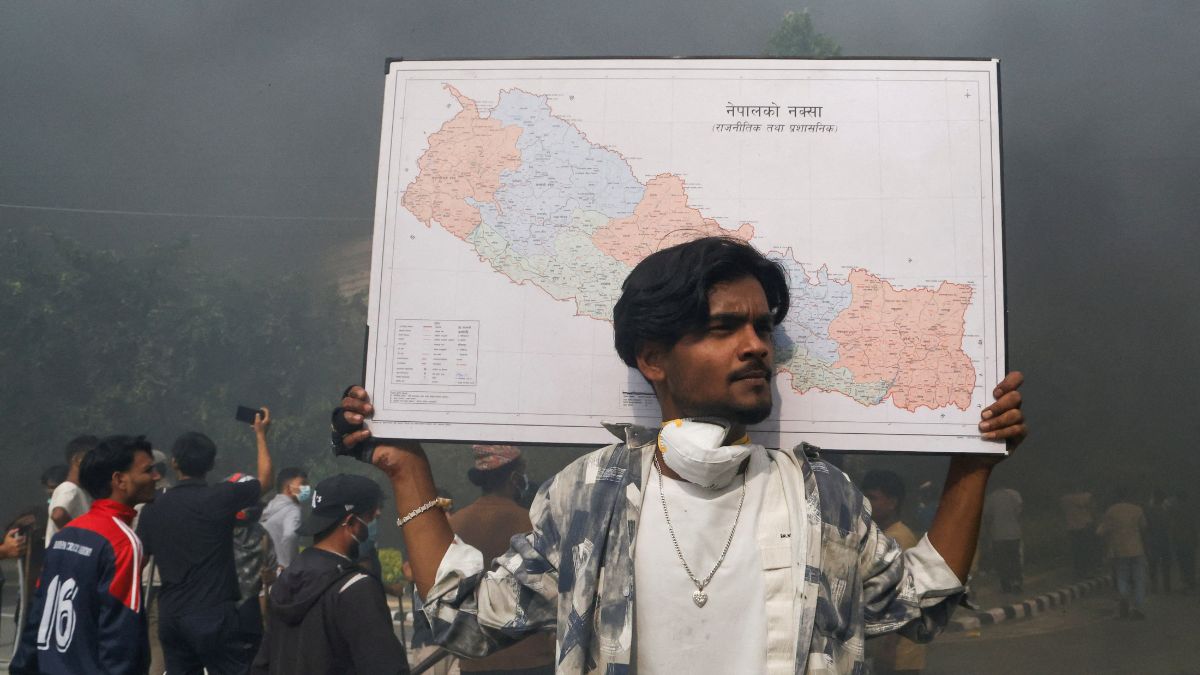)
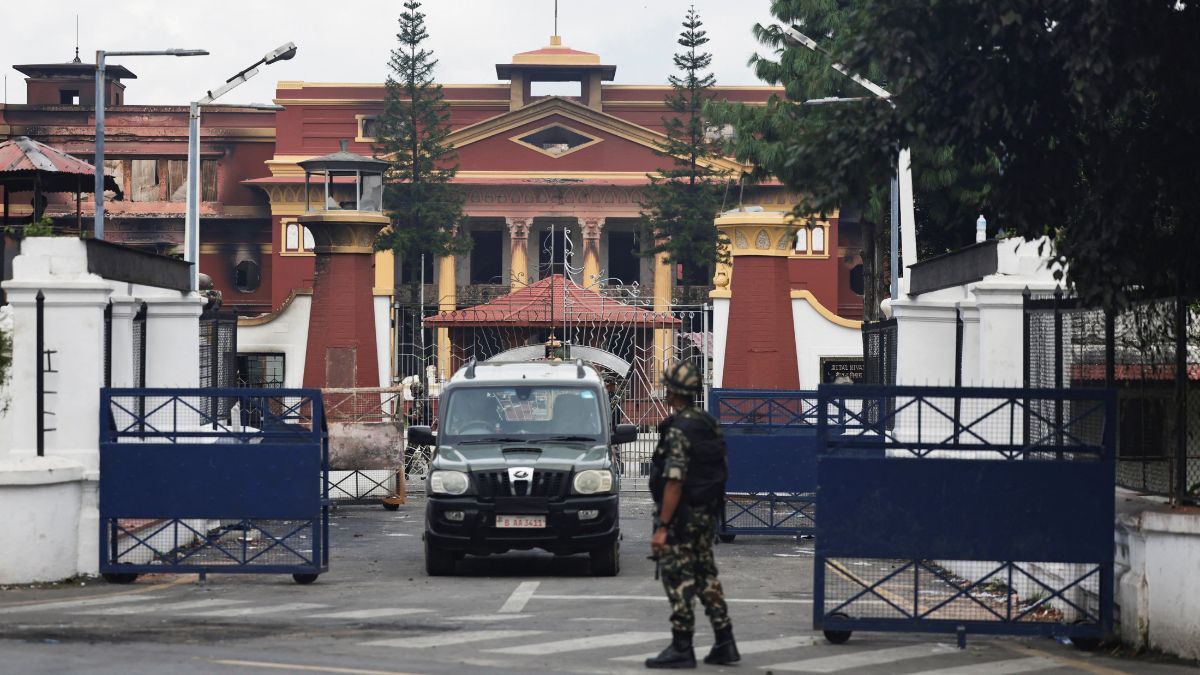
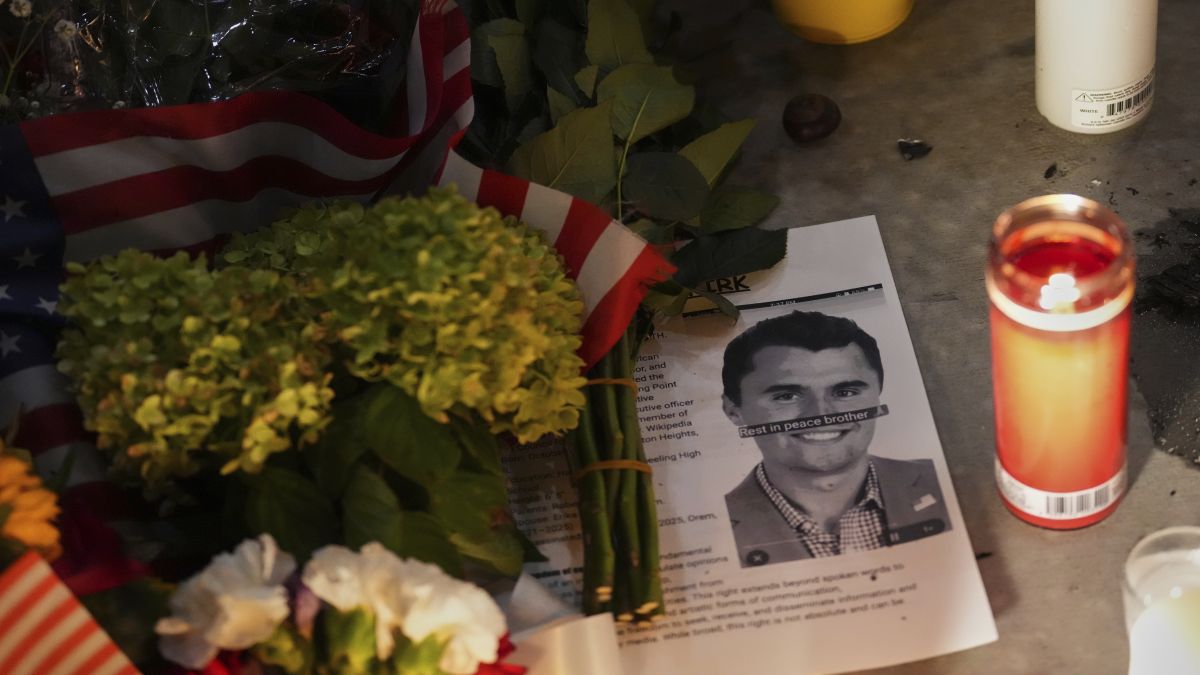)
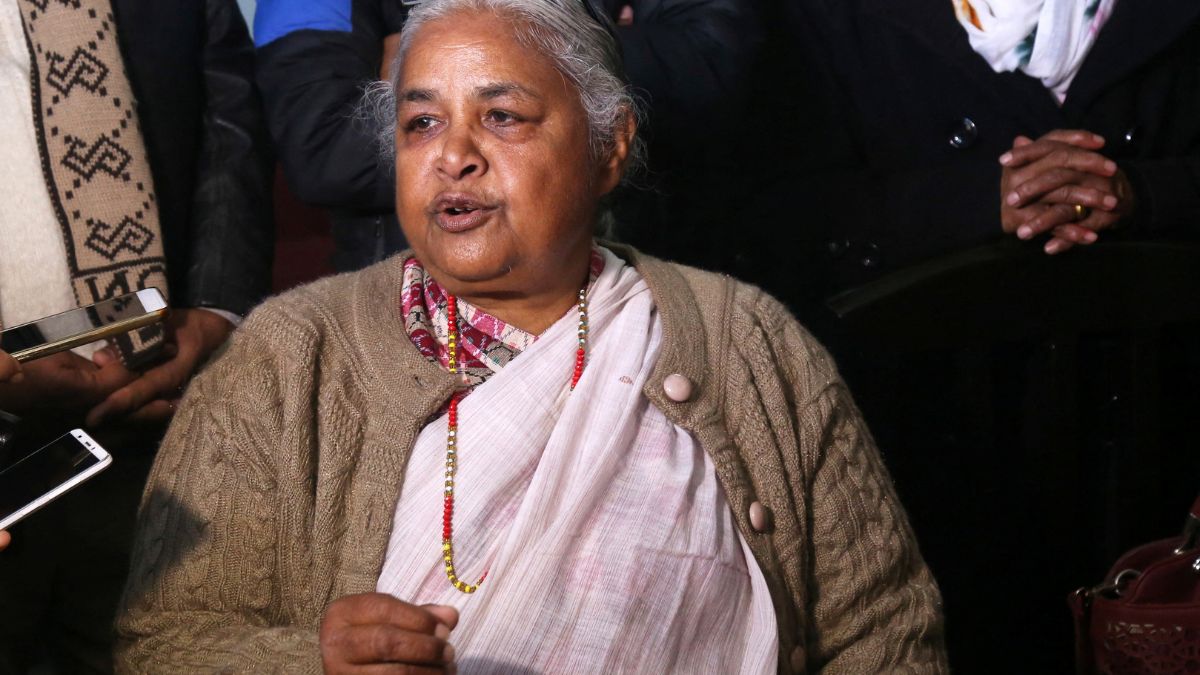)
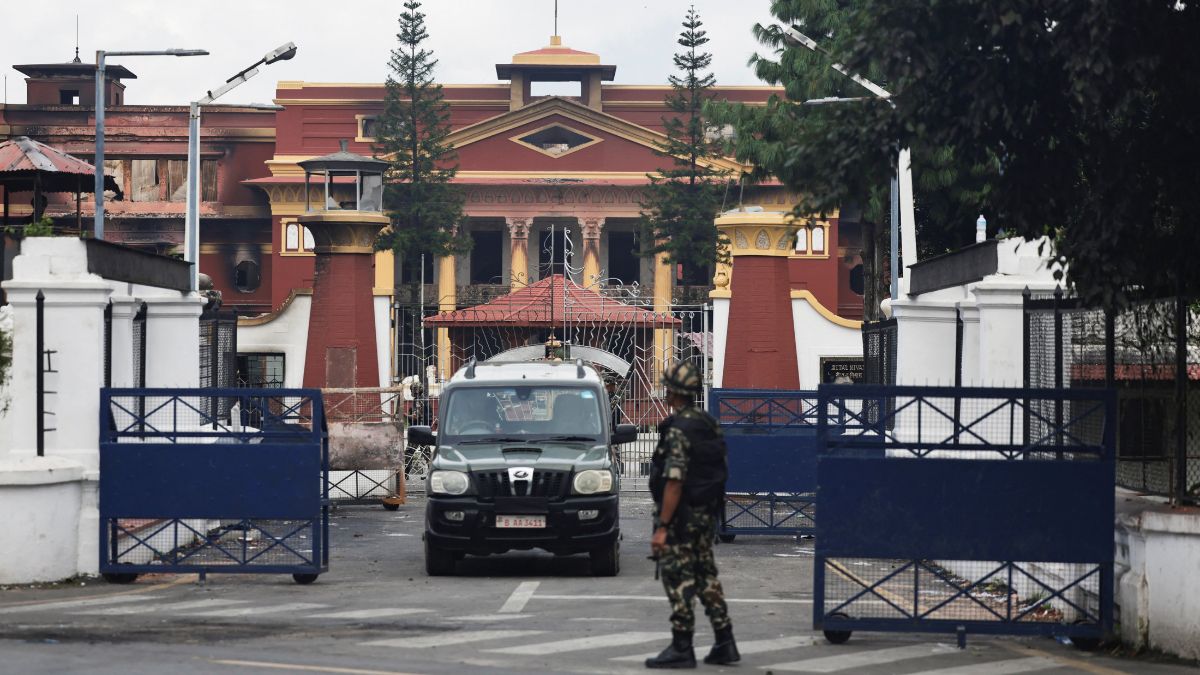)
)
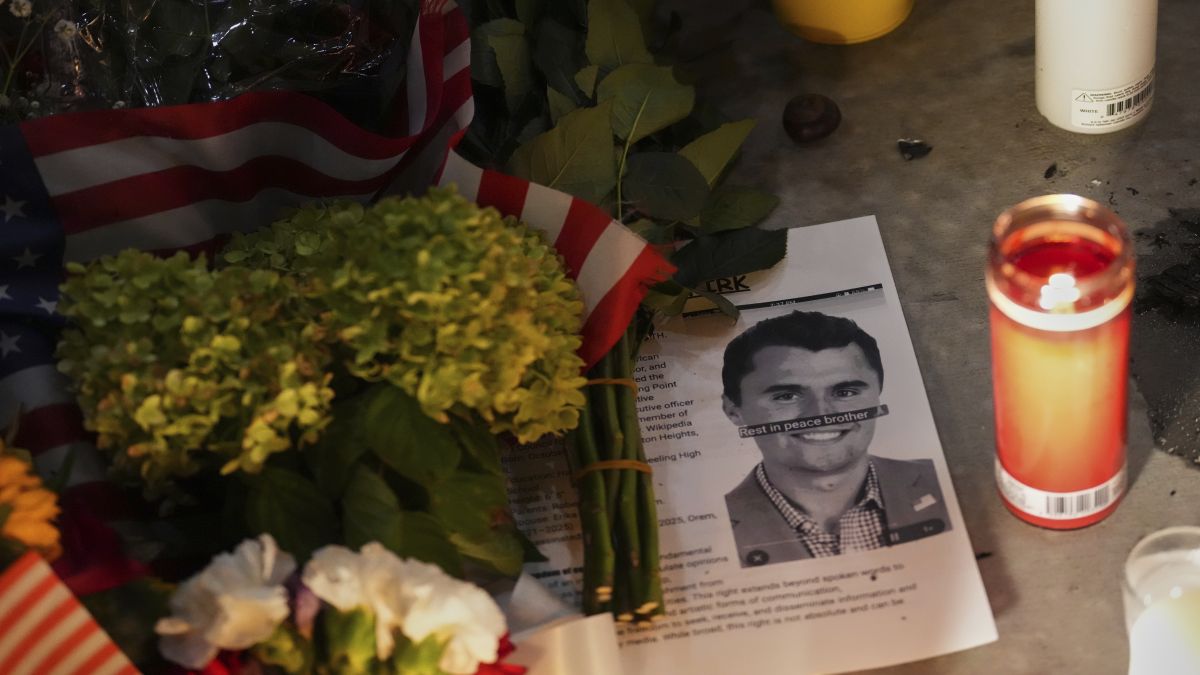)
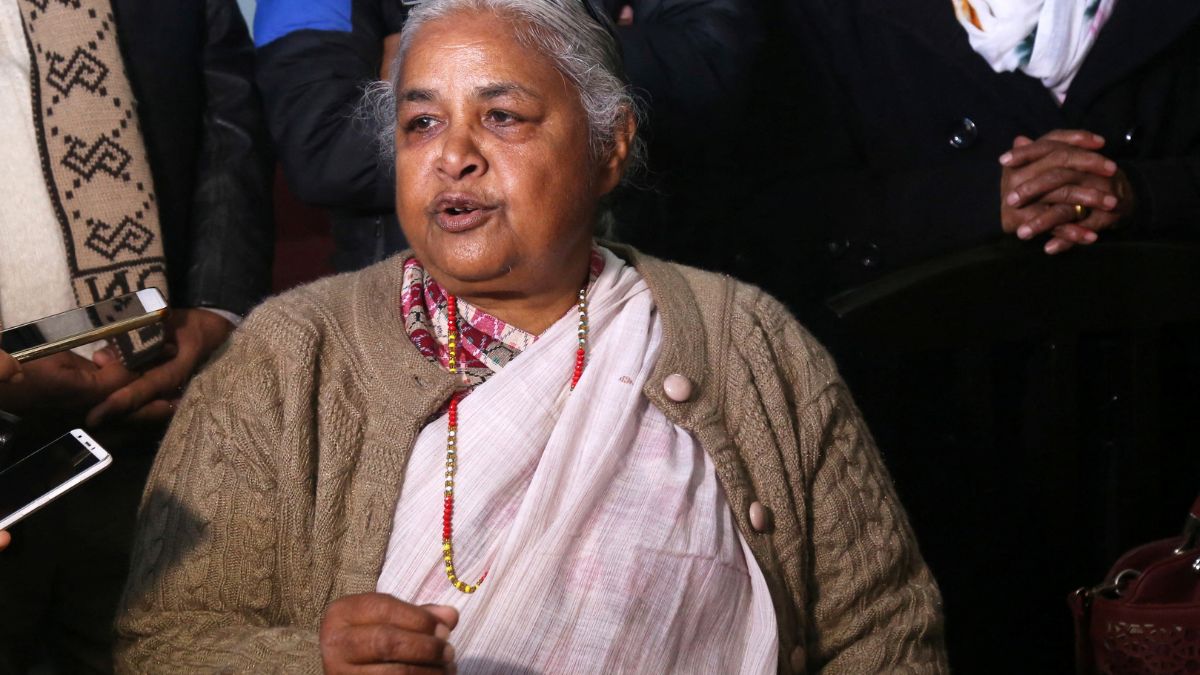)
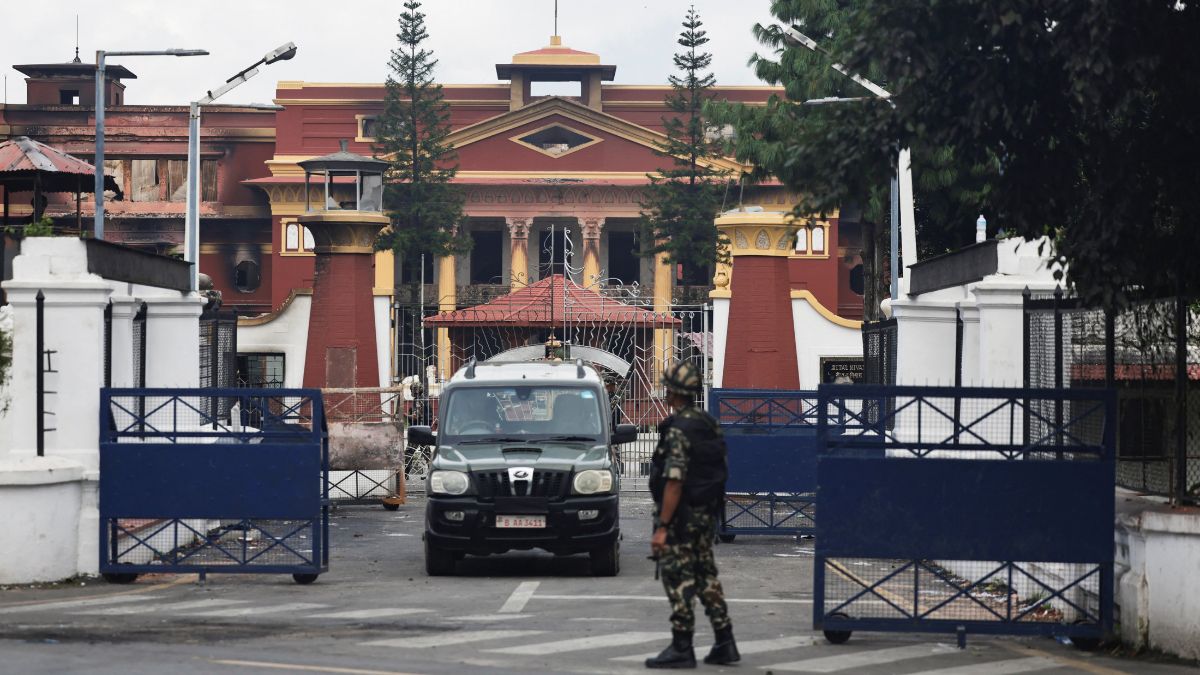)
)



